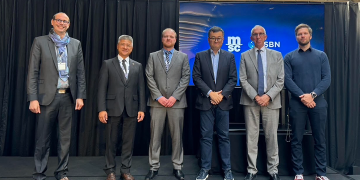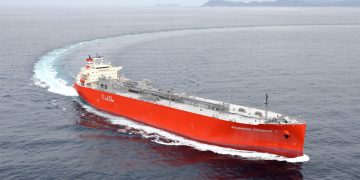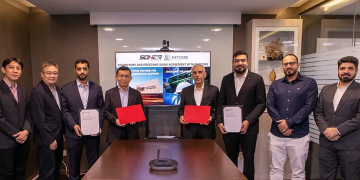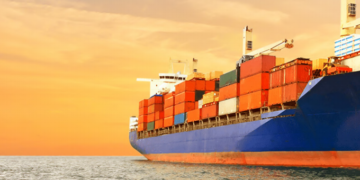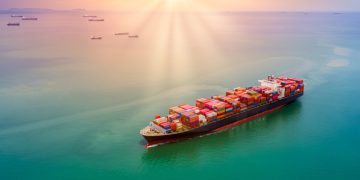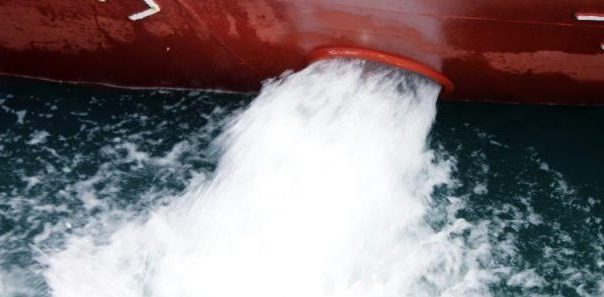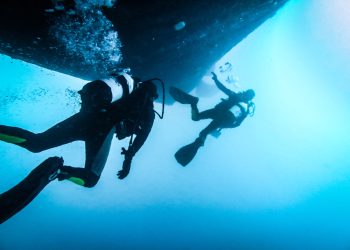The UK P&I Club issued updated information regarding the conditions of ship detentions in Ukraine. Citing information provided by local correspondents, Dias Marine Consulting, the Club said that the scheme implemented by the representatives of the Ecological Inspection to detain ships which refused to allow samples of segregated ballast, is abandoned at present.
Historically, ships that refused samples were often denied a ‘radiology сontrol’ stamp in the ship’s cargo documents, which resulted in detention of ships in the loading port for a couple of days.
Currently, ecological inspectors certify radiology control certificates without delays, however ships are still being detained. In particular, the Regional Head Office of Ecology may issue an official letter to the Harbour Master with a request for detention on the grounds that the samples of seawater taken near the ship were analyzed and deemed unsatisfactory (by a number of indications) and, thus, most likely, the ship polluted the port’s water area. Often, no details or exact data/analyses are made available to the ship or the ship’s agent, the Club explained.
Elsewhere, events are developing in accordance with already well-known scheme: the ecological inspectors insist on taking samples of the segregated ballast or, if the ballast has already been pumped out, of its residues. Then a fine is imposed on the ship and the prohibition for sailing off is lifted. It is only possible to dispute the ecological inspectors’ actions in court but this can be a time-consuming procedure.
The Immigration Service of Ukraine was earlier given special instructions to exclude the ecological inspectors from the list of official bodies who carry out inward clearance of ships. Nevertheless, the officials of Ecological Inspection have gained again the authority to take samples of the segregated ballast and to make laboratory analysis.
Where the Inspection refused to accept cargo radiology certificates, it was possible to argue that the problems lay within the cargo only and could not be attributed to the ship – thus it was possible afterwards to successfully litigate or resort to arbitration with the charterers. Whereas, as the new practice goes, it’s likely the Shipowner will be to blame for the ship’s delay.
In most cases, the fines imposed by the ecological inspection (which may range from USD 20,000 to USD 60,000) inflict less financial losses on the shipowners than a 2-3 or even more days delay in the port.







